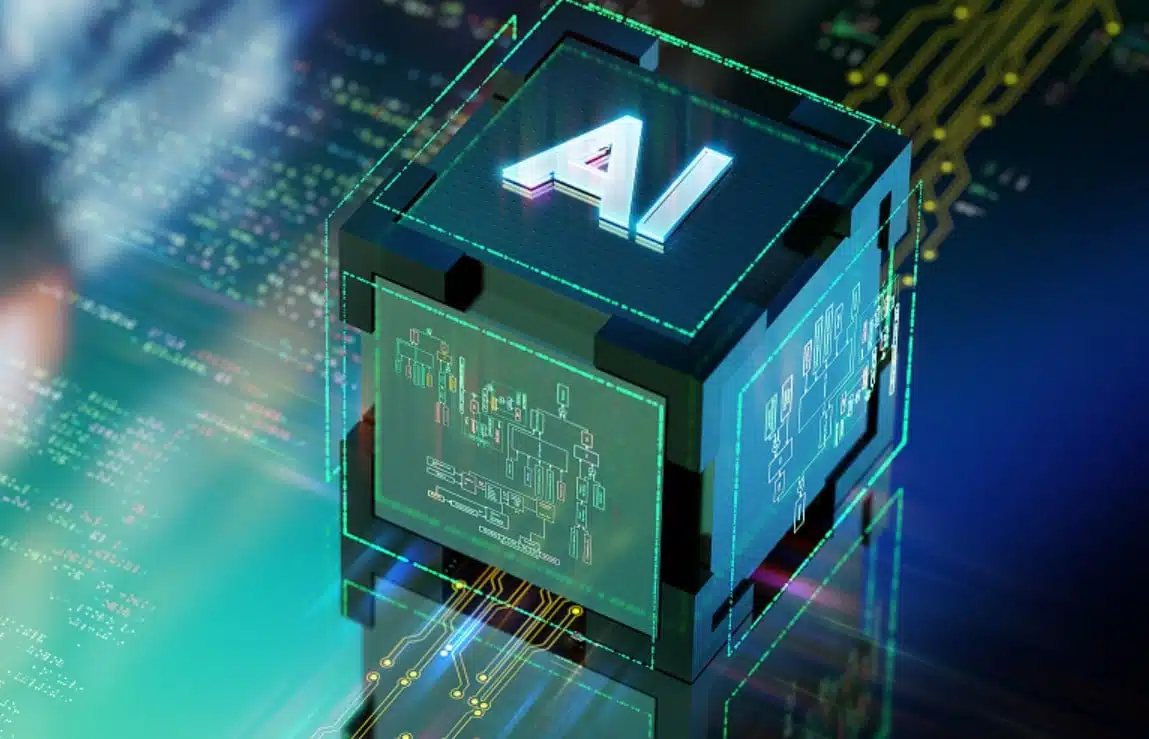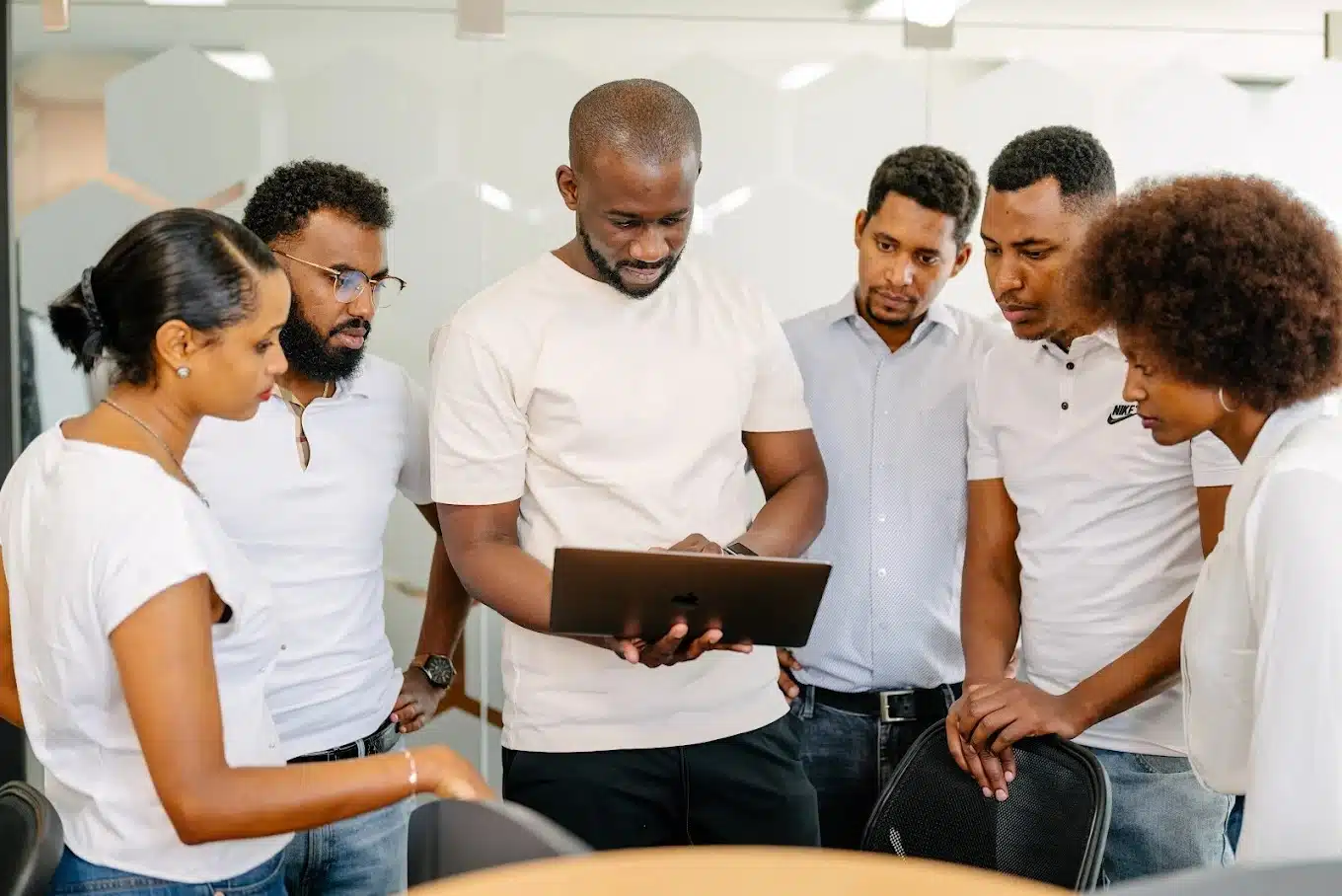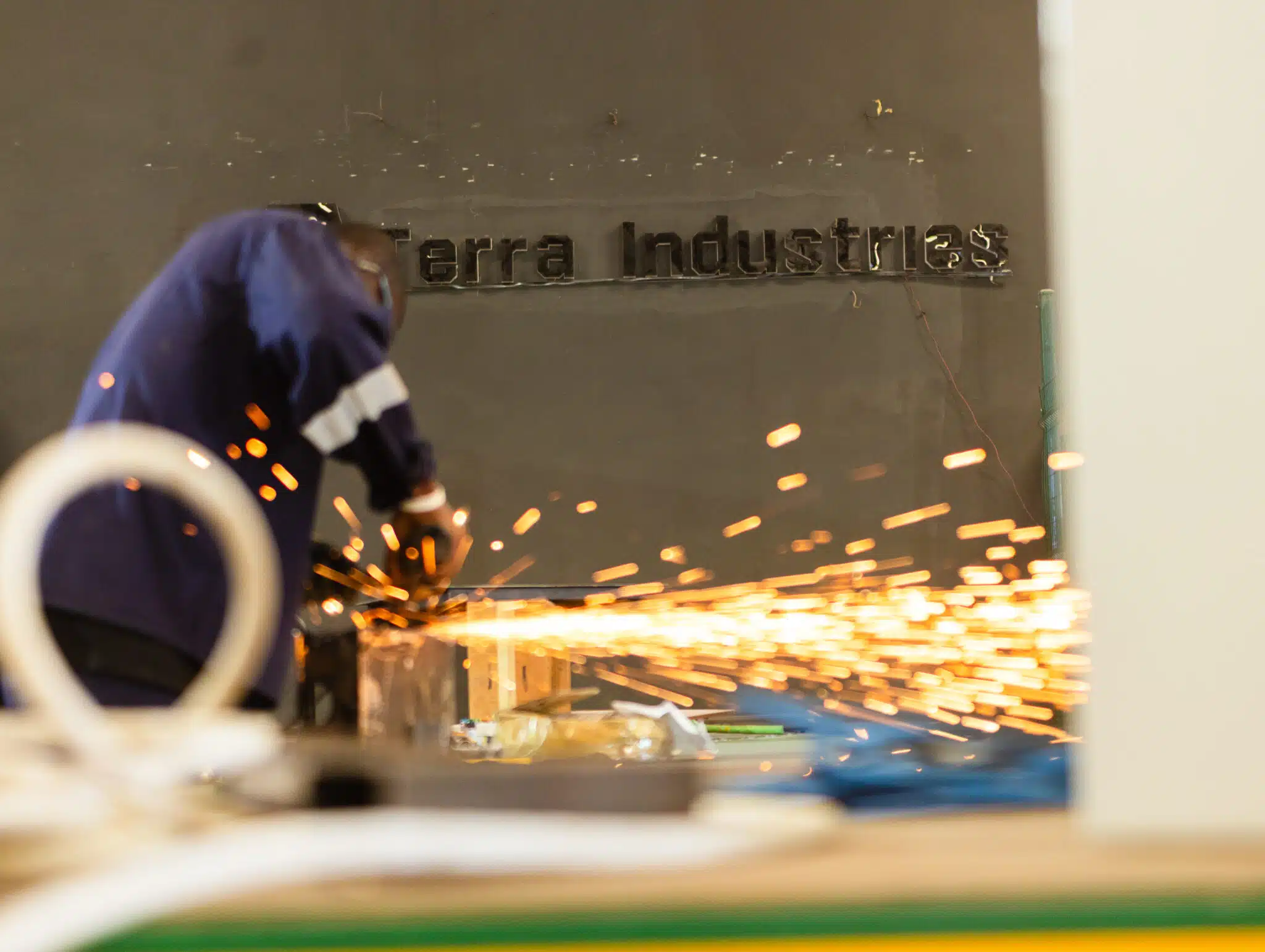As artificial intelligence gains ground in Nigeria’s healthcare, agriculture, education, and manufacturing sectors, concerns are growing about its potential strain on the country’s fragile power supply Schneider Electric, a global leader in energy management and automation, affirms that with smarter technologies, localized power solutions, and efficient infrastructure, Nigeria is positioned to embrace AI innovation without triggering an energy crisis.
AI technology, like earlier innovations such as cars, PCs, and smartphones, becomes more efficient and affordable as adoption grows. This trend ensures Nigeria’s digital transformation remains sustainable. Much of the processing now happens at the edge within local data centres, smart buildings, or factories rather than centralized facilities. This reduces reliance on large scale power infrastructure and enhances resilience, especially in areas with grid challenges.
Solutions like solar panels with battery storage, fuel cells, and Battery Energy Storage Systems (BESS) enable Nigerian businesses to generate and manage energy locally. Coupled with adaptive power systems, AI-ready infrastructure can support bi-directional energy flows and reduce pressure on public utilities. At the same time, energy-efficient hardware, AI-enabled analytics, and comprehensive energy management platforms are transforming how Nigeria builds and operates AI infrastructure. Adoption of these technologies means reduced waste, cost savings, and alignment with global and local climate targets.
Ajibola Akindele, Country President, Schneider Electric West Africa, emphasizes the opportunity for Nigeria: “Innovation and sustainability must go hand in hand. Nigeria has a unique opportunity to become a leader in AI innovation in Africa while setting an example for responsible energy use. With the rise of AI workloads, Nigerian businesses need infrastructure that is future-proof, reliable, and sustainable. We are enabling our IT partners to deliver solutions that not only meet the demands of today’s applications but are also designed for long-term energy efficiency and data security.” He said.
Nigeria’s AI-driven future does not have to compromise energy stability. Through localized power generation, edge computing, green infrastructure, and visionary leadership, the country can support rapid AI growth while maintaining a sustainable energy footprint.





